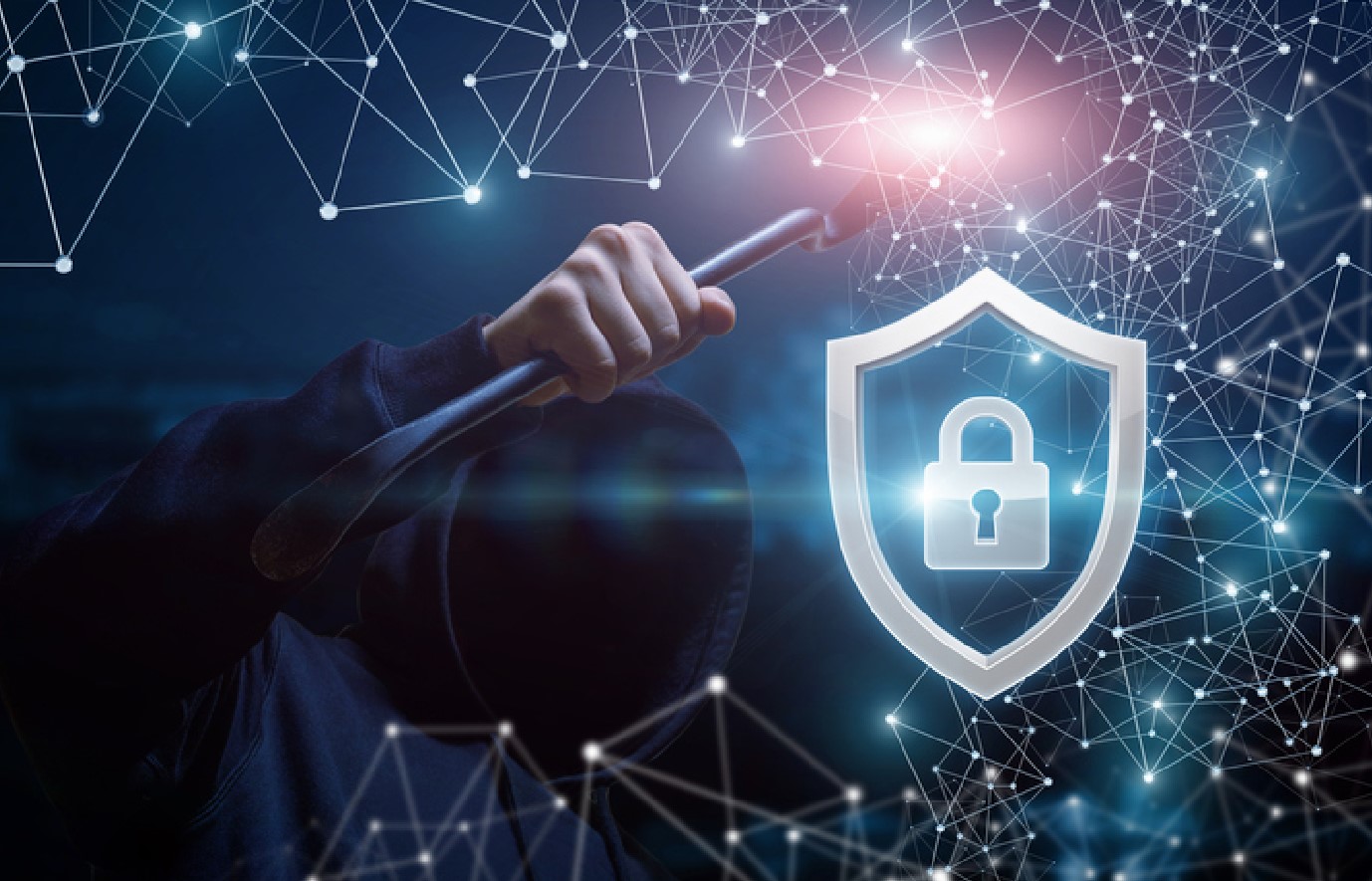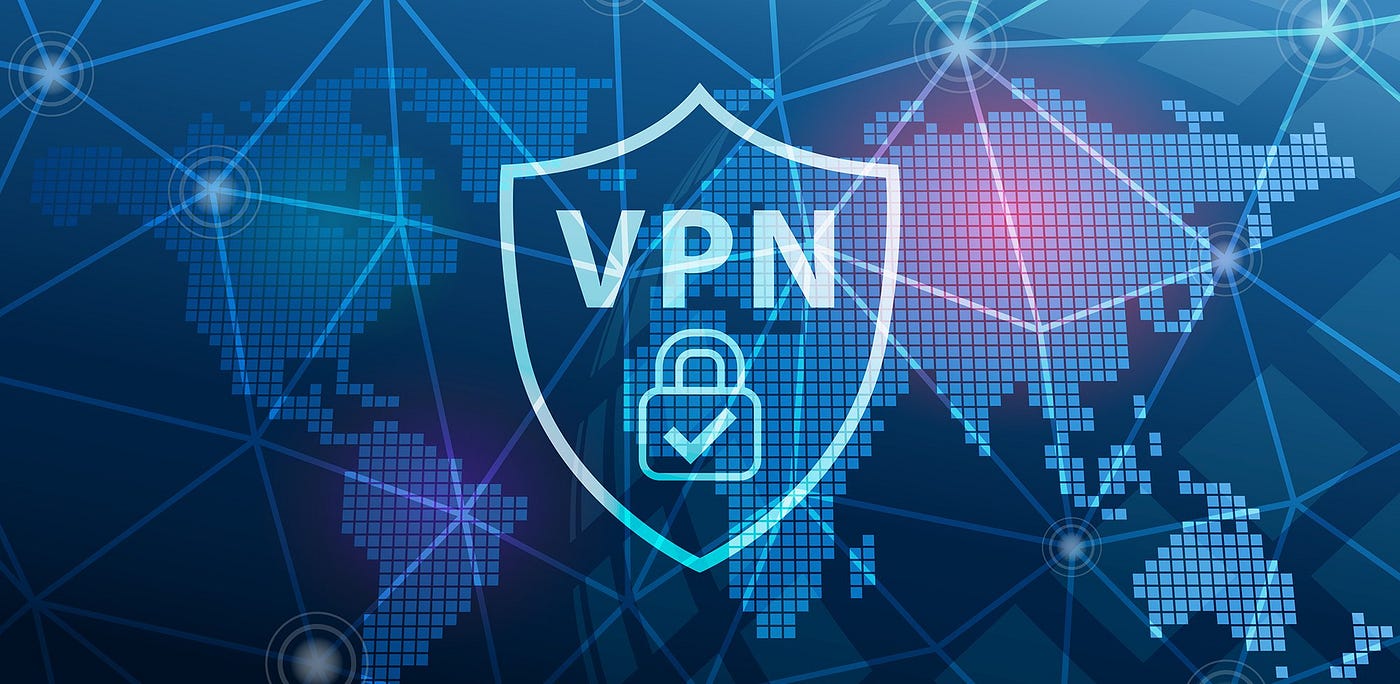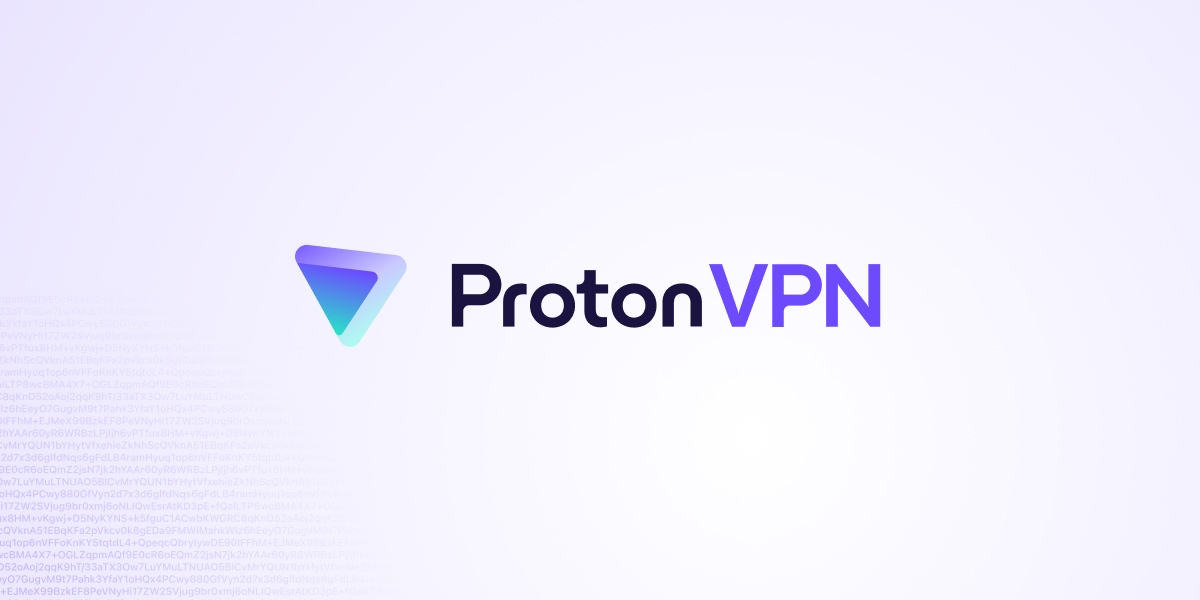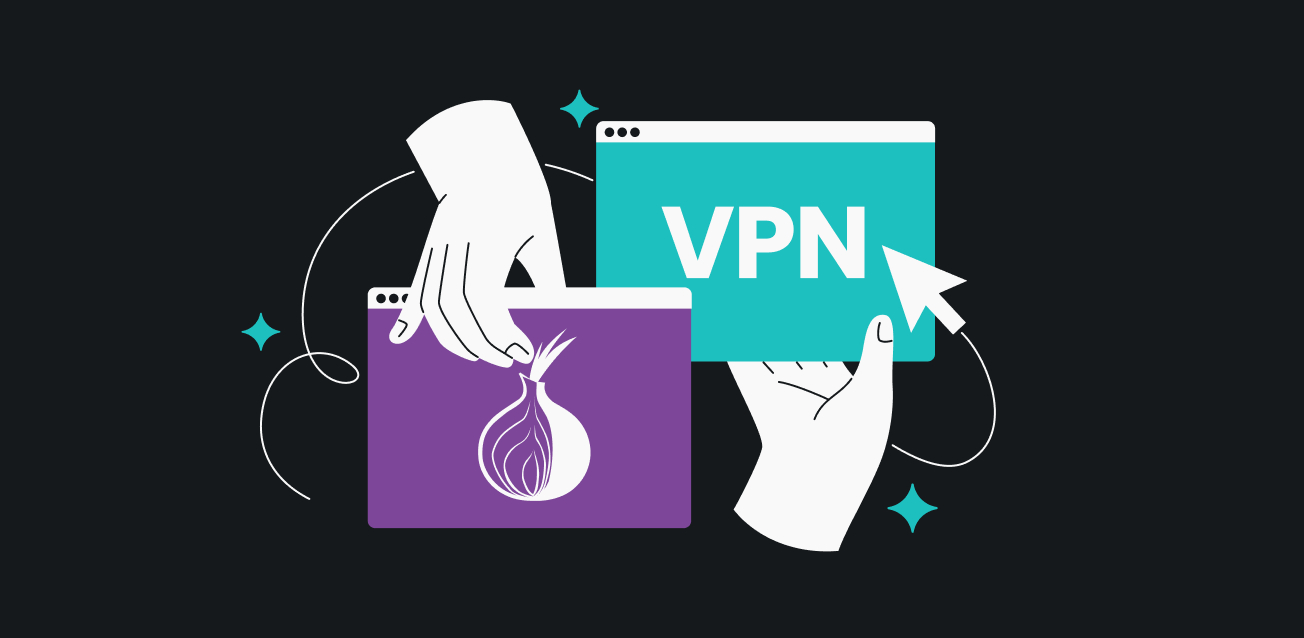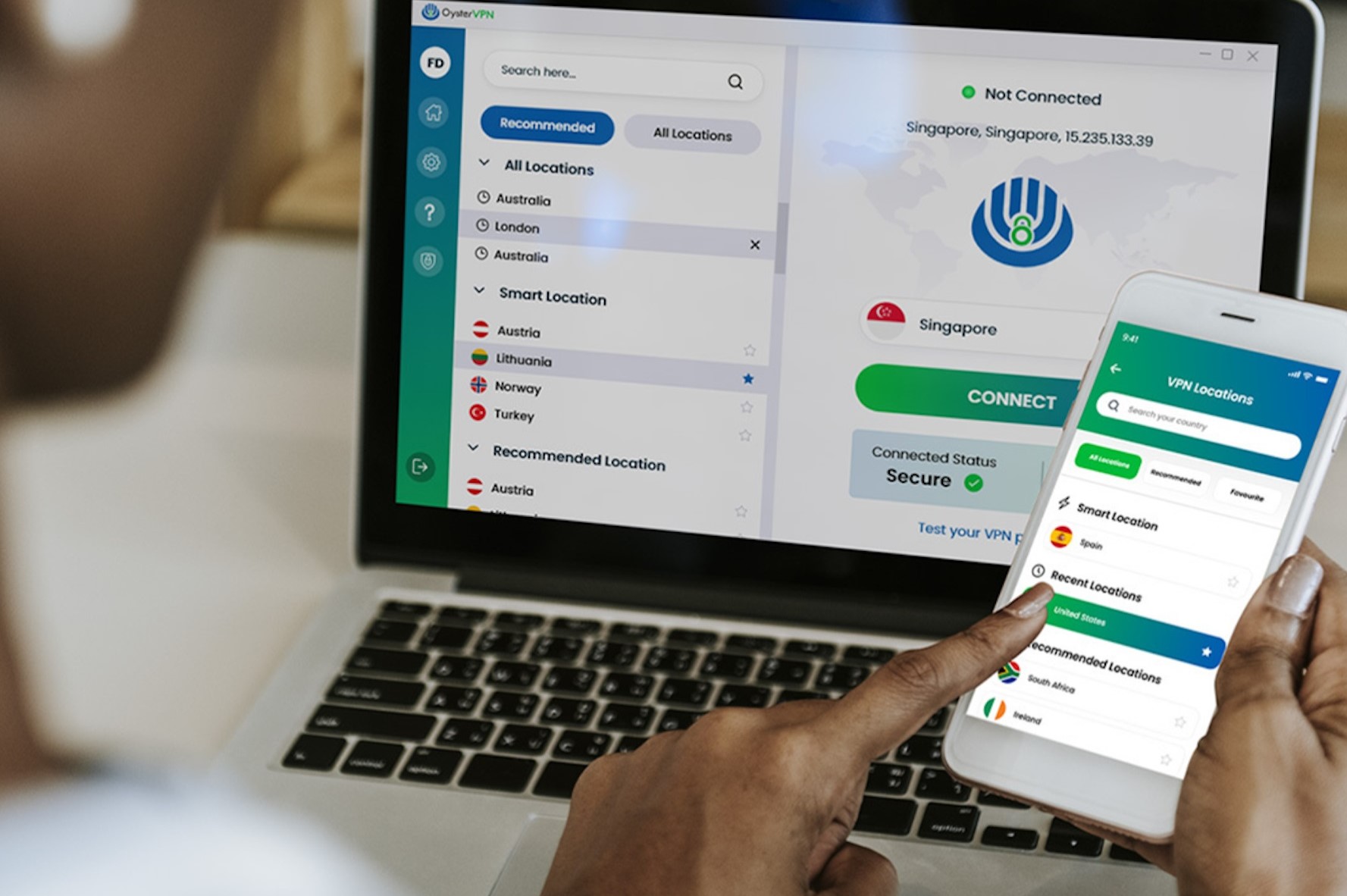Home>Software and Apps>Unveiling the Untraceable VPN: Ensuring Online Anonymity


Software and Apps
Unveiling the Untraceable VPN: Ensuring Online Anonymity
Modified: September 5, 2024
Discover the ultimate solution for online anonymity with our untraceable VPN software and apps. Protect your privacy and browse securely with our advanced technology.
(Many of the links in this article redirect to a specific reviewed product. Your purchase of these products through affiliate links helps to generate commission for Techsplurge.com, at no extra cost. Learn more)
Table of Contents
What is a VPN?
A VPN creates a secure, encrypted connection between your device and a VPN server. This connection masks your IP address, making it appear as though you are accessing the internet from a different location. By routing your internet traffic through an intermediary server, a VPN encrypts your data, ensuring that third parties, including your Internet Service Provider (ISP) and potential hackers, cannot intercept or monitor your online activities.
How VPNs Work
When you connect to a VPN, your device encrypts your internet traffic and sends it to the VPN server. The VPN server then forwards your encrypted data to its final destination on the internet. This process ensures that your IP address is masked, and your online activities are not traceable back to you. Here’s a step-by-step breakdown of the process:
- Encryption: Your device encrypts your internet traffic using advanced encryption algorithms.
- Connection: The encrypted data is sent to the VPN server.
- Routing: The VPN server routes the encrypted data to its final destination on the internet.
- Decryption: The data is decrypted at the receiving end, allowing you to access the internet as usual.
What Makes a VPN Untraceable?
While VPNs are designed to enhance online security and anonymity, not all VPNs are created equal. Some VPNs may claim to be logless or zero-logs, but this does not necessarily mean they are completely untraceable. Here are the key factors that contribute to a VPN’s untraceability:
Logless VPNs
A logless VPN does not store any information about the content of your internet traffic. This means that the VPN provider does not keep records of the websites you visit, the data you transfer, or any other details that could potentially identify you. However, it’s crucial to note that even logless VPNs may store metadata, such as the duration of your connection, the amount of data transferred, and your original IP address. Always scrutinize a VPN provider’s privacy policy to understand what data they do and do not collect.
VPN Server Infrastructure
The physical location and ownership of VPN servers are critical factors in maintaining anonymity. VPNs that own their own physical server infrastructure are generally more trustworthy than those that rely on third-party servers. However, even with self-owned servers, there is always a risk that the VPN provider could be coerced into revealing user data by law enforcement or other authorities.
Read more: Anonymous Payment Methods for VPN Services
Encryption Standards
The encryption standards used by a VPN are also essential for ensuring anonymity. Look for VPNs that use strong encryption protocols such as AES-256 or OpenVPN. These protocols provide robust protection against interception and eavesdropping.
DNS Leak Protection
DNS leaks occur when your DNS requests are sent outside the encrypted tunnel of your VPN, potentially revealing your true IP address. Many VPNs offer DNS leak protection, which ensures that all internet traffic, including DNS requests, is directed through the VPN. This is particularly important for users who want to maintain their anonymity even when using a VPN.
Combining VPN with Tor
Using a VPN in conjunction with Tor can significantly enhance your anonymity. Tor (The Onion Router) is a network designed to anonymize internet traffic by routing it through multiple nodes. By combining Tor with a VPN, you create a layered defense against tracking and surveillance. This approach makes it much more difficult for anyone to trace your online activities back to you.
Steps to Ensure Online Anonymity
While VPNs are powerful tools for maintaining online anonymity, they should be used in conjunction with other strategies to maximize your privacy. Here are some steps you can take to ensure your online activities remain private:
1. Choose a Reputable VPN Provider
Selecting a reputable VPN provider is crucial. Look for providers that have a strong track record of protecting user data and have transparent policies regarding logging and data retention. Some notable logless VPN providers include NordVPN, ExpressVPN, and ProtonVPN.
2. Check for DNS Leak Protection
Ensure that your VPN provider offers DNS leak protection. This feature ensures that all internet traffic, including DNS requests, is directed through the VPN, preventing potential leaks.
3. Use a Logless DNS Server
Even if your VPN has DNS leak protection, it’s still important to use a logless DNS server. Public no-logs DNS servers like DNS.WATCH or OpenNIC can help prevent your ISP from monitoring your DNS requests.
4. Disable IPv6
IPv6 DNS requests can still leak outside the encrypted tunnel of your VPN. Disabling IPv6 in your device’s internet settings can help mitigate this risk.
5. Combine with Tor
Using Tor in conjunction with a VPN creates a layered defense against tracking and surveillance. This combination makes it much more difficult for anyone to trace your online activities back to you.
6. Use Burner Emails and Bitcoin
When engaging in activities that require anonymity, such as online transactions or sensitive communications, use burner emails and bitcoin. These tools help maintain your anonymity by not linking your real identity to your online activities.
7. Be Cautious with Metadata
Even logless VPNs may store metadata. Be aware of what data your VPN provider collects and take steps to minimize any potential risks associated with metadata.
Additional Tools for Anonymity
While VPNs are essential for maintaining online anonymity, they are not the only tools available. Here are some additional tools and strategies you can use to enhance your anonymity:
Read more: VPN: Unveiling the Downsides
1. Tor Browser
The Tor Browser is a specialized browser designed to anonymize your internet traffic by routing it through multiple nodes on the Tor network. Using Tor Browser in conjunction with a VPN can significantly enhance your anonymity.
2. Burner Emails
Burner emails are temporary email addresses that can be used for sensitive communications without revealing your real identity. Services like ProtonMail offer secure and anonymous email services.
3. Bitcoin
Bitcoin is a decentralized cryptocurrency that allows for anonymous transactions. Using bitcoin for online transactions can help maintain your anonymity by not linking your real identity to your financial activities.
4. Public No-Logs DNS Servers
Public no-logs DNS servers like DNS.WATCH or OpenNIC can help prevent your ISP from monitoring your DNS requests, thereby enhancing your anonymity.
Read more: Top VPNs for Maximum Online Security
Final Thoughts
Ensuring online anonymity requires a multi-faceted approach. While VPNs are powerful tools for maintaining privacy, they should be used in conjunction with other strategies to maximize your anonymity. By choosing a reputable VPN provider, ensuring DNS leak protection, combining with Tor, using burner emails and bitcoin, and being cautious with metadata, you can significantly enhance your online anonymity. No single tool or strategy can guarantee complete anonymity, but by using these methods in combination, you can create a robust defense against tracking and surveillance.
Maintaining online anonymity is not just about using a VPN; it’s about creating a layered defense against potential threats. By understanding how VPNs work, what makes them untraceable, and by combining them with other tools and strategies, you can ensure that your online activities remain private and secure.

